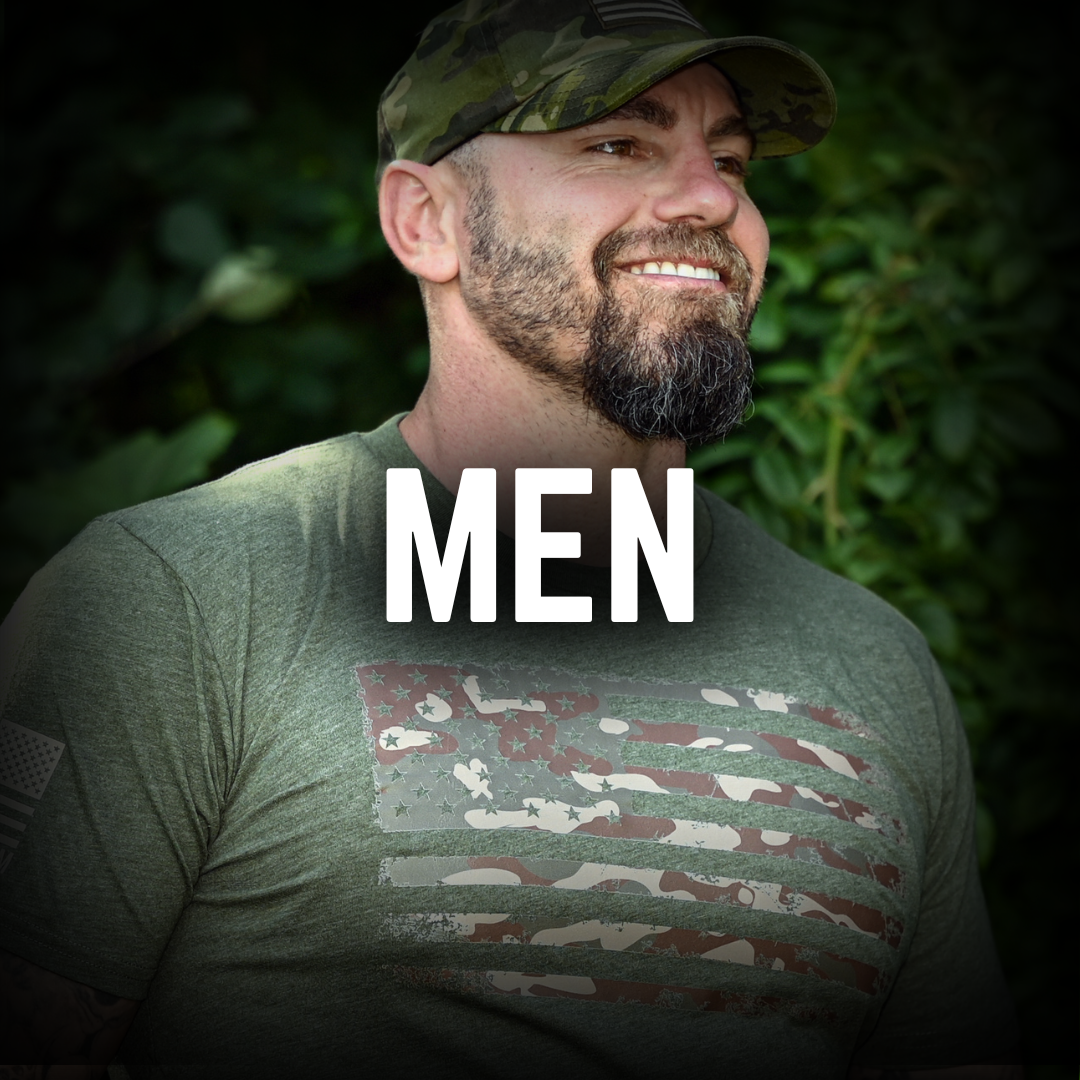The Geneva Convention is a series of conventions dating back to 1864 and finalized in 1949. During these conventions, world leaders from countries like the United States, England, and Switzerland implemented protections for wartime. These protocols apply to injured soldiers, wounded, sick, and shipwrecked sailors, prisoners of war, and civilians during conflict.
The key points of the Geneva Convention included the protection of prisoners and non-combatants in times of conflict; however, the convention does not concern weapons of war or the limits of biological and chemical warfare.
Learn more about the history of the Geneva Convention and how its protections have helped injured soldiers and civilians since the 1860s. You can support active duty troops, military veterans, and first responders with patriotic clothing from Freedom Fatigues.
Protections Implemented During the First Convention
After a series of bloody wars during the 1850s, Henry Dunant witnessed the Battle of Solferino between the French-Piedmontese and Austrians. At this battle, he found over 40,000 wounded or sick soldiers left unattended on the battlefield due to a lack of care facilities.
This event inspired Henry Dunant to publish a book titled A Memory of Solferino and propose two life-saving ideas for international warfare:
- A permanent humanitarian relief agency.
- A treaty establishing that governments will recognize the agency and its right to be on the battlefield to provide aid.
These proposals were accepted and realized in 1864 with the establishment of the Red Cross in Geneva and the first Geneva Convention. Twelve states and kingdoms signed the convention that would be the basis of international humanitarian law.
The Second Convention: Adding Protections for Sailors
The second Geneva Convention addressed protections for seamen serving during maritime conflict. It updated protections outlined during the Hague Convention of 1907.
Provisions added at this time relate to armed forces members at sea who are sick, injured, or shipwrecked.
The meeting added the first convention’s protections to maritime warfare and the following specific provisions:
- Even if sick, injured, or shipwrecked, soldiers can still be taken as prisoners of war.
- Neutral vessels can be asked to help care for the soldiers after a battle but cannot be captured.
- Religious and medical personnel on combat ships are protected.
- Medical ships may not be used for military purposes other than treatment and cannot be attacked or captured.
Added Provisions for Prisoners of War During the Third Convention
The Third Geneva Convention was implemented in 1929 but updated in the Geneva Conventions of 1949. It focuses on prisoners of war, defining what a prisoner of war is and how they should be treated. Notably, this is the only part of the Geneva Convention that covers all wars, not just international affairs.
There are numerous rules for qualifying as a prisoner of war. The most widely accepted definition is a person who supports or engages in combat with an enemy captured and imprisoned by that enemy.
This includes militias, volunteer groups, civilians in support roles, mercenaries, crews on supply ships, and anyone who takes up arms against an invading force as long as they follow the laws and customs of war.
Prisoners of war are the state’s responsibility and must have any medical issues treated. They may not be subject to torture of any kind, and while they can be forced to do labor, it cannot be labor considered unhealthy or dangerous unless the prisoner volunteers.
It also details what a prisoner of war should do. At a minimum, they should give their first and last name, rank, date of birth, and army, regimental, personal, or serial number. Prisoners also have the right to conduct a secret ballot to elect a representative to discuss general provisions, disciplinary actions, and judicial proceedings.
The Fourth Geneva Convention: Protecting Civilians During Wartime
Like the Second Geneva Convention, the Fourth Geneva Convention updated components of the Hague Convention. This convention aims to protect the civilian population in occupied territory and is known as Protocol II.
Some protections include:
- A ban on physical torture or causing physical or psychological pain, or performing experimentation on a civilian population.
- Civilians may not be punished for crimes they did not commit (collective punishment).
- The population cannot be deported, nor may a different civilian population be imported to the area.
- Civilians may not be forcibly conscripted into the occupying military.
- Property may not be destroyed unless deemed necessary for military operations.
- The occupying power must ensure that public health remains under control.
This part of the Geneva Convention became crucial after the atrocities that occurred during World War II. World leaders wanted to ensure that humanitarian aid extended to the treatment of civilians during war and applied to parts of non-international armed conflicts.

Support The Geneva Convention and What it Stands for with Freedom Fatigues
The international committees of the Geneva Convention and their protocols are intended to deter war crimes and promote humanitarian aid projects such as the Red Crystal, Red Cross, and Red Crescent.
Although these international treaties don’t yet apply to civil wars, leaders may include additional protocols in future meetings.
Show your support for everything the Geneva Convention stands for with patriotic clothing from Freedom Fatigues. Our business fully stands behind active duty and veteran troops, police, and first responders with t-shirts, sweatshirts, hats, and accessories that boldly proclaim support for these important members of society who work to make the world safer.
Freedom Fatigues also helps you give back to the community with your purchase. We donate a portion of the proceeds to non-profit organizations that support veterans and first responders, including Victory Gym, Blue H.E.L.P., and Mission 22.
Shop Freedom Fatigues to find stylish, patriotic clothes that show your appreciation for American troops and first responders whom the Geneva Convention protects.




